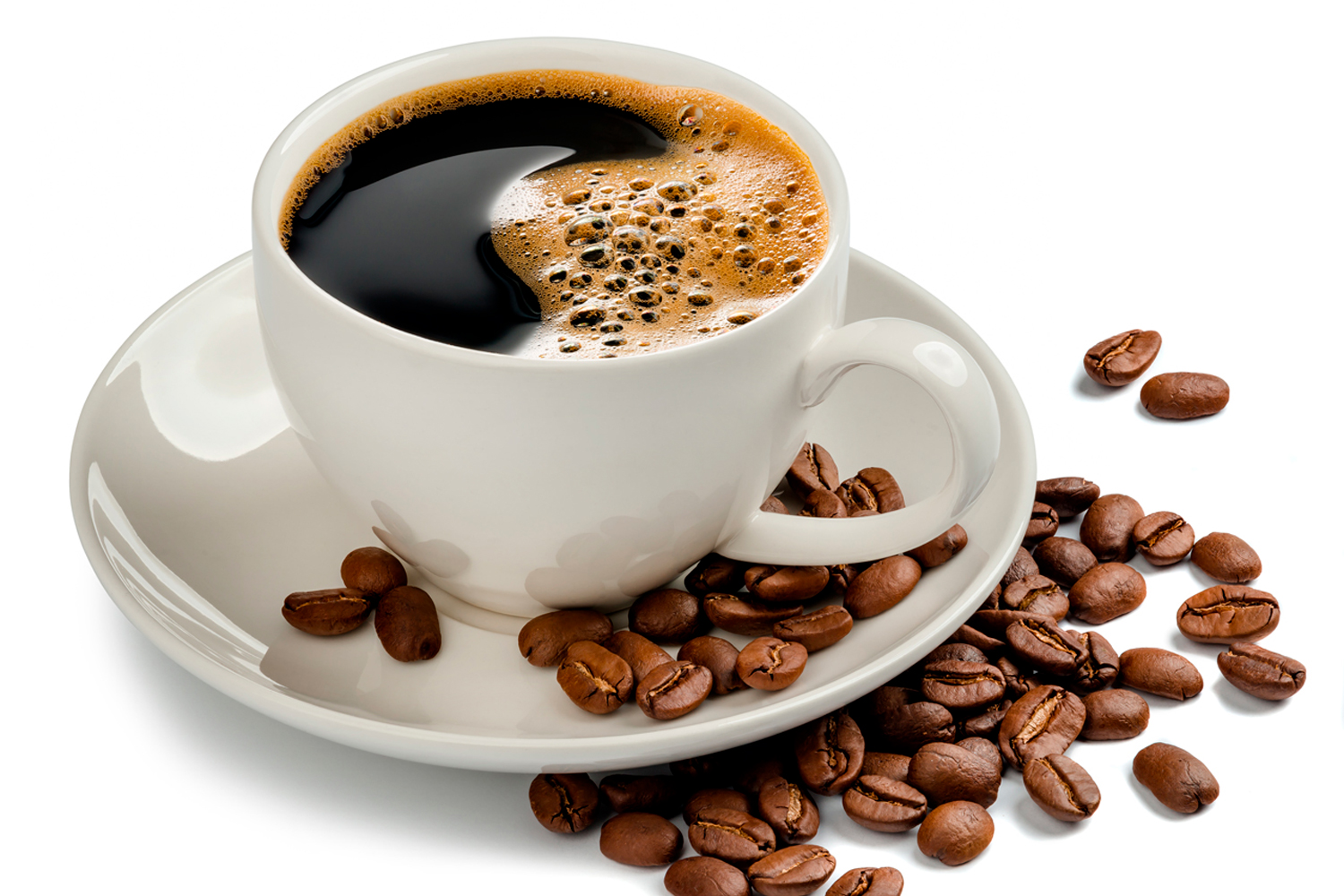MANY PEOPLE’S MORNING RITUALS include drinking a hot (or cold) coffee to start the day. Two recent studies show this habit appears to be good for you, finding coffee may be associated with lower risk of both endometrial and liver cancers.
A November 2022 review in the American Journal of Clinical Nutrition evaluated the association between coffee consumption and endometrial cancer risk. Results from 19 previously published studies that included nearly 40,000 people showed coffee drinkers had a 13% lower risk of endometrial cancer compared with non-coffee drinkers. There was also an inverse relationship between coffee consumption and cancer risk; the more coffee people drank, the lower their cancer risk.
Studies find coffee’s association with decreased endometrial cancer risk does not depend on caffeine.
The Continuous Update Project, an ongoing American Institute for Cancer Research program that analyzes global research on how diet, exercise and nutrition impact cancer risk, shows that caffeinated and decaf coffee are both associated with a similar reduction in endometrial cancer risk. In analyses of previously published studies, researchers found people who drank coffee in general had a 7% lower risk of endometrial cancer compared with non-drinkers, while decaffeinated coffee drinkers had an 8% decreased risk compared with those who did not consume coffee.
Another study published August 2022 in Hepatology Communications explored the associations between six dietary habits, including coffee consumption, and the risk of hepatocellular carcinoma (HCC), a common type of liver cancer. Using questionnaire responses and patient data from 200,000 East Asian participants ages 20 to 89, researchers connected increased coffee consumption with specific genetic variations. They then found which variations were associated with HCC, with a statistical analysis determining those who consumed coffee had a 31% decreased risk of HCC compared with those who did not drink coffee. Study authors noted bioactive compounds in coffee, such as chlorogenic acids and polyphenols, may help prevent cancer because of their antioxidant and anti-inflammatory properties.
Nigel Brockton, vice president of research at the American Institute for Cancer Research, recommends limiting the amount of sugar and cream in coffee drinks. Other ingredients to boost your coffee include spices, such as cinnamon, nutmeg or cocoa powder; honey or stevia; and 1% or fat-free milk. If dairy is not an option, try soy, rice or almond milk.
Nigel Brockton, vice president of research at the American Institute for Cancer Research, says toxicology studies in mice during the 1970s and 1980s showed an association between high doses of acrylamide—a chemical formed while roasting coffee beans—and increased cancer risk. However, the amount of the chemical found in coffee is thousands of times smaller than the dosage used in those studies. By the 2000s, research began to show there is no evidence of a link between coffee and cancer, and studies the following decade showed there is an association with reduced risk for some cancers.
“Since the benefits of coffee consumption are often greatest in the highest categories of consumption, those concerns seem to be unfounded,” Brockton says. These study results only cover two types of cancer. Brockton says more evidence is needed to determine the effect of coffee consumption on risk for other cancer types.
Cancer Today magazine is free to cancer patients, survivors and caregivers who live in the U.S. Subscribe here to receive four issues per year.





